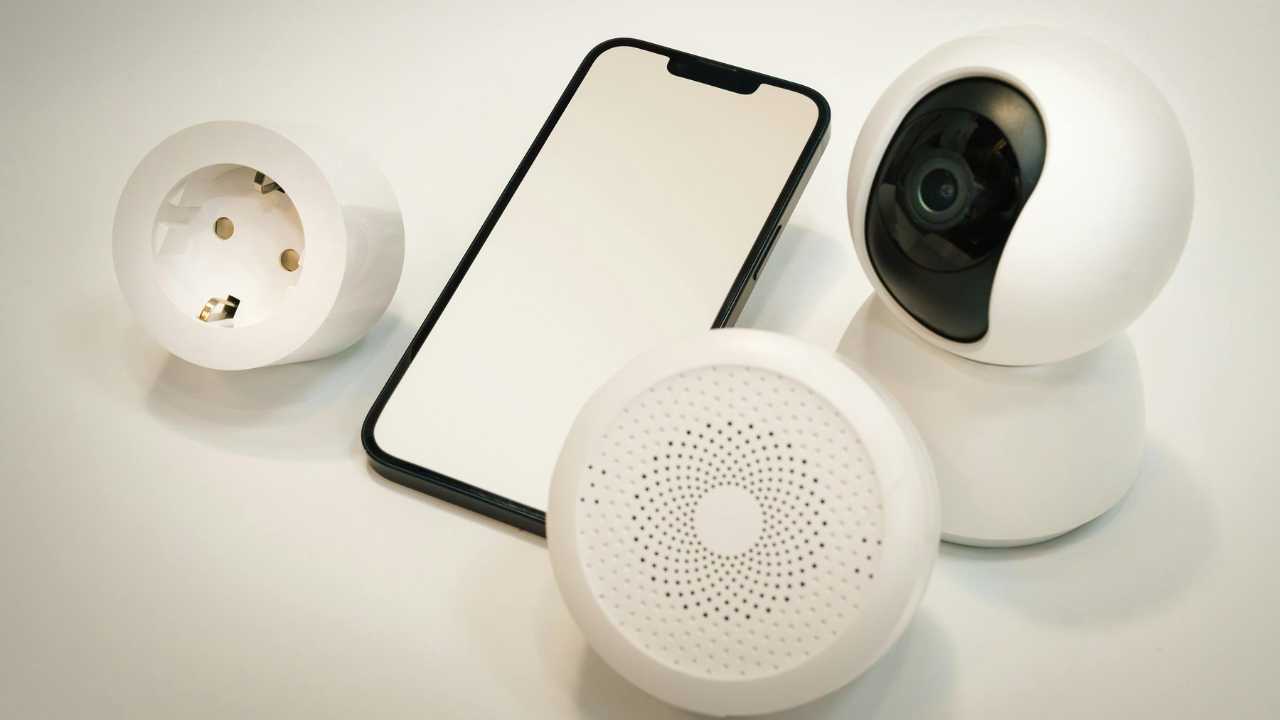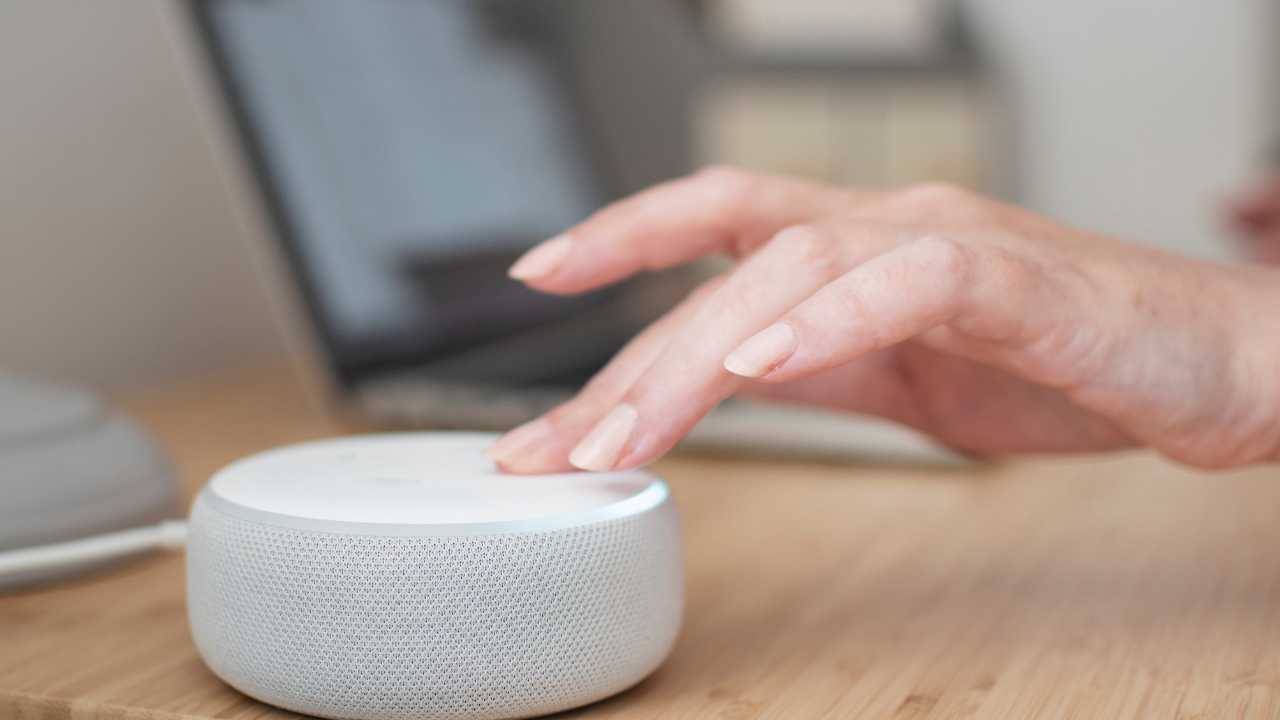Smart speakers have become a regular part of modern homes, and choosing the right voice assistant can make daily tasks easier and more convenient. Google Assistant and Alexa are two of the most widely used options, each offering its own mix of features, strengths, and limitations.
You’ll also see how each assistant fits into everyday routines and smart-home setups. The aim is to help you understand what they do well and where they differ. Whether you’re improving your home technology or starting fresh, this breakdown gives you a clear and simple overview to make the right choice.
In this blog, we're going to explore what makes Google Assistant and Alexa special. We'll look at what they're good at and where they might need a bit of help, so you can figure out which one fits your home and way of life the best.
Let’s start!
What Is Google Assistant?
Google Assistant is a voice-based helper created to make everyday tasks quicker and easier. It can respond to spoken questions, carry out tasks and give useful information on the spot. The system connects well with Google services, helping users manage reminders, searches and directions.
It also works with many smart devices, allowing hands-free control around the home. Overall, it acts as a digital companion designed to assist with routine tasks through natural speech.
What Is Alexa?
Alexa is Amazon’s virtual helper that listens to voice commands and performs simple actions. It can play music, answer questions and help manage tasks such as lists or timers from any supported device. Alexa links well with Amazon products, making shopping and entertainment easy to handle by voice.
It also connects to a broad range of smart gadgets, letting users operate their home devices with simple commands. In short, Alexa is a voice-controlled assistant made to support daily activities and home automation.
What are the Differences Between Google Assistant and Alexa?
Smart speakers are now part of daily life, and many people compare how well these two voice assistants actually perform.

Here’s a simple look at the key differences and what you can expect from each one.
1. Voice Recognition
Alexa often responds well to voice commands, including from across a room, depending on background noise and device placement. It tends to follow instructions without needing you to repeat yourself, making everyday use simple and smooth.
Google Assistant sometimes needs a repeat or two, especially with unclear phrases. While still reliable, it can occasionally misread commands during busy or noisy moments.
2. General Knowledge
Alexa answers basic questions fairly well and provides quick responses for everyday facts. It handles simple queries with ease but sometimes offers less detailed explanations.
Google Assistant tends to deliver slightly more accurate answers when asked general questions. It also helps with follow-up queries, making it helpful for learning or checking details.
3. Phone Calls & Text Messaging
Alexa supports voice calling and messaging through supported services such as Skype and Drop-In, offering flexibility depending on location and setup. It supports features like Skype and Drop-In, giving it extra flexibility for communication.
Google Assistant handles calls well but still relies on extra steps or apps in some cases. Text messaging can be limiting without connected services, making it slightly less convenient.
4. Maps & Navigation
Alexa can guide you to destinations, but the navigation experience may lack traffic detail. It works fine for simple routes yet may miss helpful real-time updates.
Google Assistant pairs strongly with Google Maps, offering accurate directions and traffic insights. This makes it a strong choice for travel and daily navigation needs.
5. Smart Home Automation & Device Compatibility

Alexa works with a wide range of smart home devices and supports detailed routines. It’s often preferred for setups with mixed brands and older devices.
Google Assistant works smoothly with Nest, Android and newer smart home systems. It offers simple setup and reliable control but supports fewer third-party devices overall.
6. Privacy & Ecosystem Integration
Alexa ties closely into Amazon’s shopping and entertainment services, making it handy for frequent Amazon users. However, its wider device compatibility also means more data passes through different platforms.
Google Assistant fits naturally into Google’s ecosystem, linking well with Maps, Calendar and Android. It keeps most activity within Google’s own services, offering a more unified data environment.
Why Is Choosing the Right Assistant for Your Home Essential?
Selecting the best voice assistant for your home depends on how you use technology day to day. Google Assistant is a strong choice if you rely heavily on Google services such as Maps, Calendar or Android devices, offering quick answers and smooth integration. Alexa, on the other hand, is ideal for homes filled with mixed smart devices, thanks to its wider compatibility and flexible routines.
Both assistants offer helpful features, but the right option will match your habits, existing devices and the level of automation you want to introduce. By understanding how each system performs, you can choose the assistant that fits your lifestyle and supports the way you manage your home.
Conclusion
In the comparison of Google Assistant vs Alexa, it’s clear that each platform offers its own strengths. Alexa stands out for smart home compatibility and communication features, while Google Assistant performs well with navigation, general knowledge and integration with Google’s services. The better choice depends on what matters most in your daily routine, whether it’s accurate answers, device control or ease of use.
If you’re looking to install or upgrade smart home devices, Unique Electrical can help you set everything up safely and professionally. Get in touch today to discuss your needs and make the most of your smart technology.












